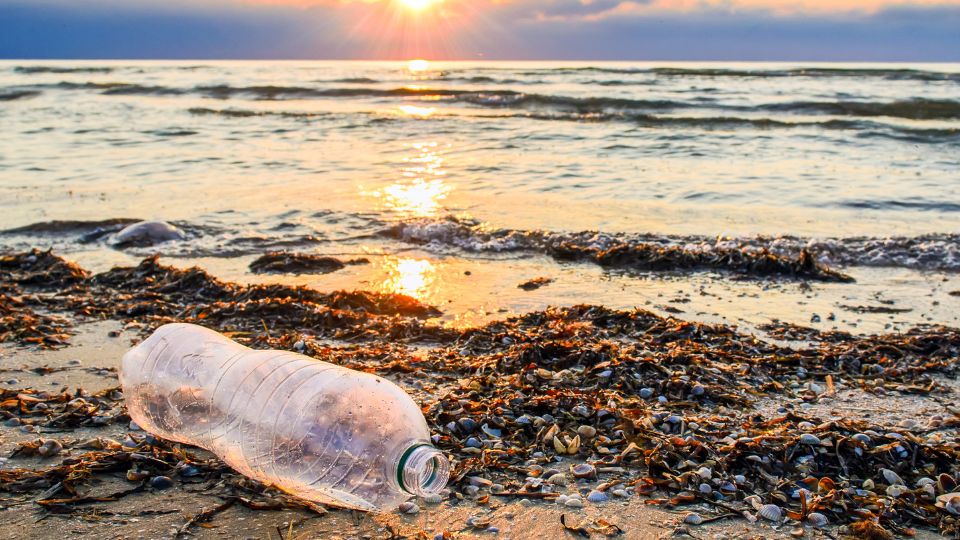
Plastic pollution has emerged as a significant environmental threat, particularly affecting marine ecosystems worldwide. Understanding the impact of plastic waste on our oceans is crucial for devising effective solutions to mitigate this pressing issue.
Table of Contents
- The Role of Plastic Pollution in the Marine Ecosystem
- How Plastic Contributes to Ocean Pollution
- Impact on Marine Species
- Impact of Plastic Debris on Marine Animals
- Impact of Plastic Debris on Marine Animals
- Threat to Marine Life
- Stopping Plastic Pollution in the Ocean
The Role of Plastic Pollution in the Marine Ecosystem
Plastics play a detrimental role in marine pollution by entering the oceans through various pathways, including improper waste disposal, industrial runoff, and wind transport.
Once in the marine environment, plastics persist for decades or even centuries, breaking down into smaller particles known as microplastics.
How Plastic Contributes to Ocean Pollution
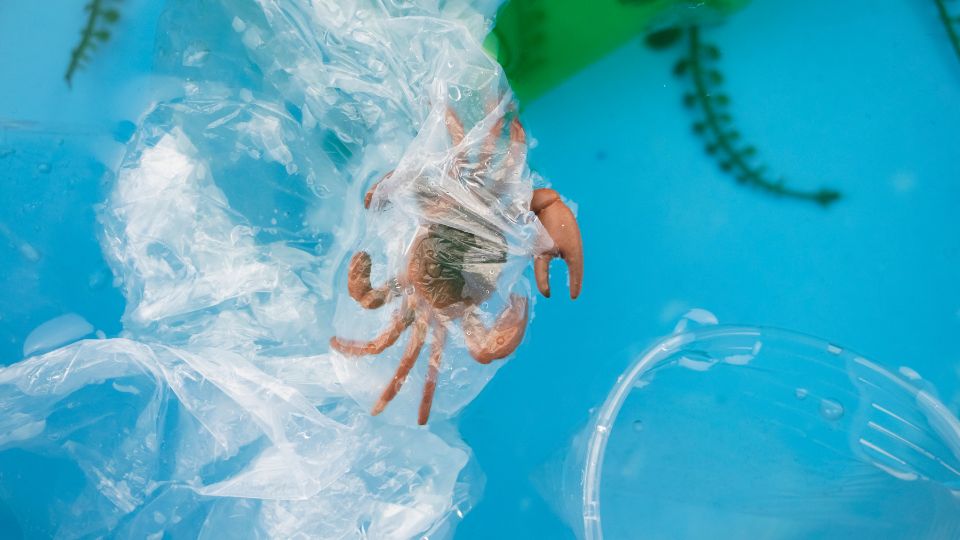
Plastics contribute to ocean pollution through direct and indirect pathways. Directly, large plastic debris such as bottles and bags endanger marine life through ingestion and entanglement. Indirectly, as plastics degrade into microplastics, they infiltrate marine food webs, impacting organisms from zooplankton to apex predators.
Impact on Marine Species
Marine species are profoundly affected by plastic pollution. Many animals mistake plastic debris for food, leading to ingestion that can cause internal injuries, blockages, and starvation.
Additionally, entanglement in fishing gear and plastic debris poses lethal threats, impairing mobility and causing injuries.
Impact of Plastic Debris on Marine Animals
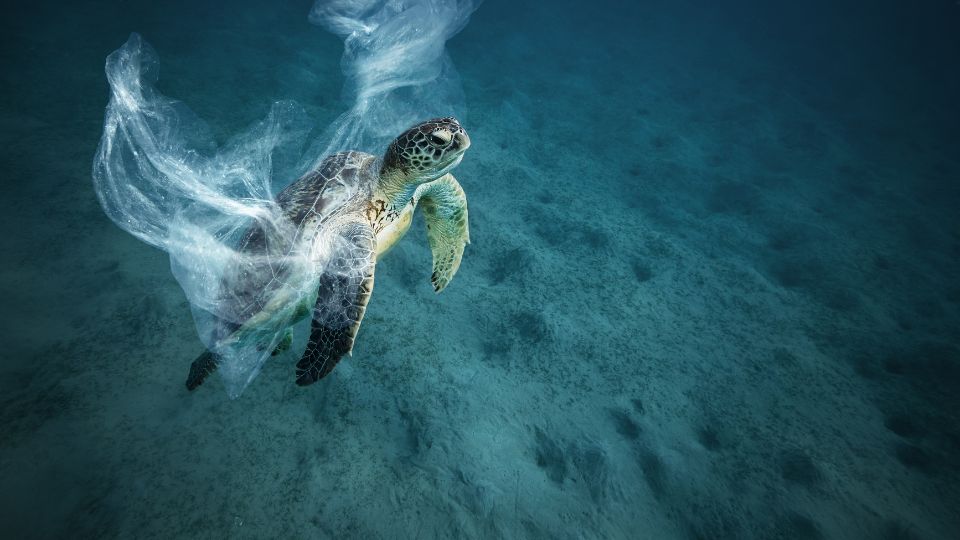
Sea Turtles
Sea turtles are particularly vulnerable to plastic pollution. They often mistake plastic bags and other debris for jellyfish, their main prey.
Ingestion of plastic can lead to blockages in their digestive systems, causing malnutrition, internal injuries, and sometimes death.
Entanglement in fishing lines and nets can restrict their movement and lead to drowning.
Seabirds
Seabirds like albatrosses and shearwaters frequently ingest small plastic particles floating on the ocean surface.
These particles can accumulate in their stomachs, causing malnutrition and affecting their ability to fly and hunt.
Seabirds can become entangled in fishing lines and other plastic debris, impairing their wings and leading to injuries or death.
Marine Mammals
Dolphins, seals, and whales are also at risk from plastic pollution. They may accidentally ingest plastic bags, which resemble prey like squid or fish.
Ingestion of plastic can lead to starvation, as the material provides no nutrition and can cause intestinal blockages.
Marine mammals can also suffer from entanglement in discarded fishing gear, which may lead to injuries, infections, or drowning.
Fish
Even fish are not immune to the impacts of plastic pollution. Small fish can ingest microplastics, which can accumulate in their bodies over time.
This can affect their growth, reproduction, and overall health.
Larger fish that consume smaller fish may also accumulate plastic particles, potentially transferring them up the food chain to predators, including humans.
Corals and Reef Ecosystems
Plastic pollution can indirectly affect coral reefs and their associated ecosystems.
Plastic debris can smother corals, blocking out sunlight and hindering their ability to photosynthesize.
Impact of Plastic Debris on Marine Animals
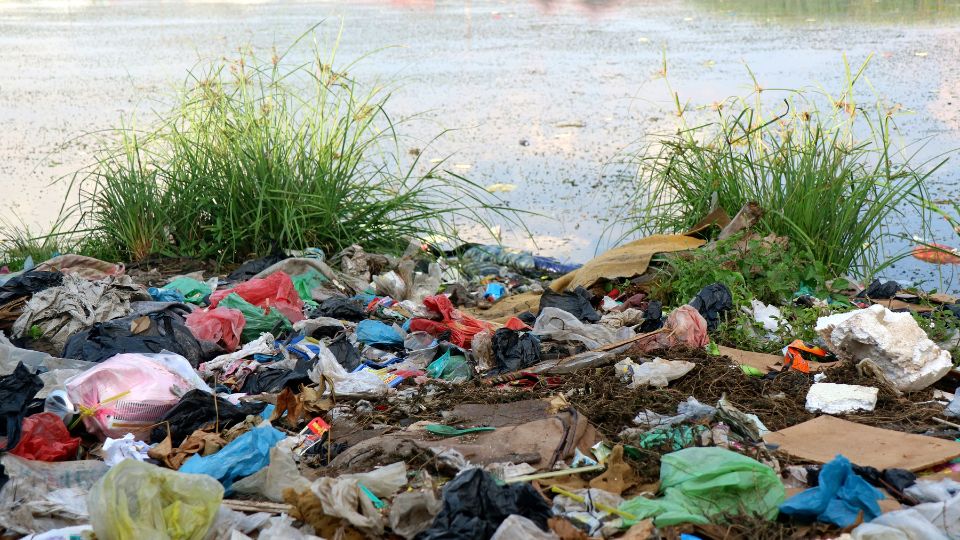
Approximately 80% of ocean plastic pollution originates from sources on land, including urban runoff, insufficient waste management systems, and littering.
Rivers act as conduits, transporting significant amounts of plastic waste from inland areas to coastal and marine environments.
It’s estimated that 80% of the world’s ocean plastics enter through rivers and coastlines, with the remaining 20% sourced from marine activities like fishing nets, ropes, and fleets
Plastic waste alone is responsible for the deaths of 100 million marine animals, highlighting the severe impact of pollution on ocean ecosystems and underscoring the urgent need for effective recycling management practices.
Threat to Marine Life
Plastic poses a multifaceted threat to marine life. Beyond physical harm through ingestion and entanglement, plastics act as vectors for toxic chemicals.
Persistent organic pollutants (POPs) and heavy metals adhere to plastic surfaces, accumulating as they travel up the food chain, ultimately reaching humans who consume seafood.
Stopping Plastic Pollution in the Ocean
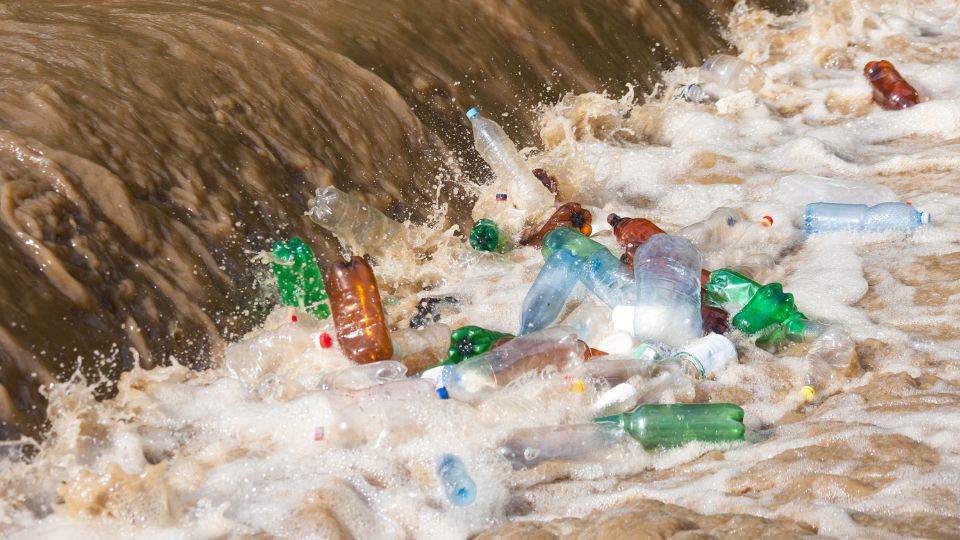
Addressing plastic pollution requires comprehensive strategies at local, national, and global levels:
Reduce Plastic Use: Adopt reusable alternatives to single-use plastics and support policies that promote sustainable packaging.
Enhance Waste Management: Implement effective recycling programs and improve waste infrastructure to prevent plastic leakage into the environment.
Educate and Advocate: Raise awareness about the impacts of plastic pollution through education and advocacy campaigns. Encourage community participation in beach clean-ups and plastic waste reduction initiatives.
Policy and Regulation: Advocate for policies that incentivize plastic recycling, restrict single-use plastics, and promote extended producer responsibility.
By taking collective action and implementing these measures, we can mitigate the devastating effects of plastic pollution on marine ecosystems and safeguard the health of our oceans for future generations.








